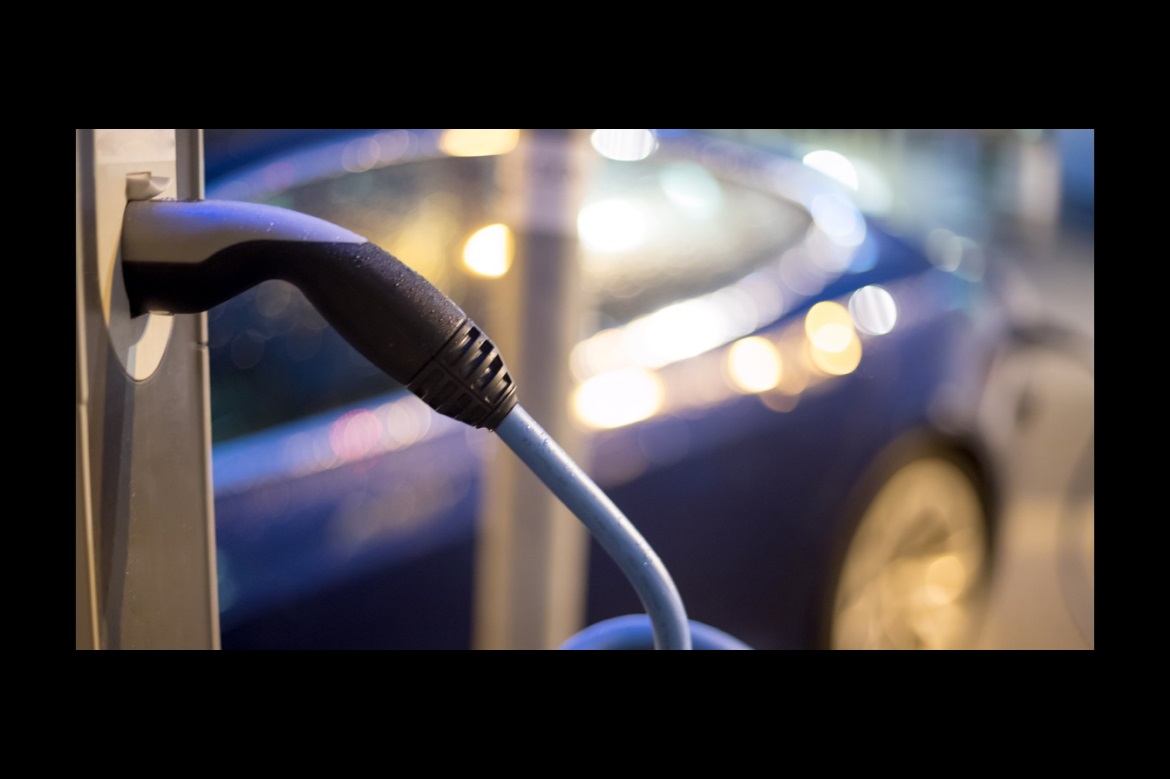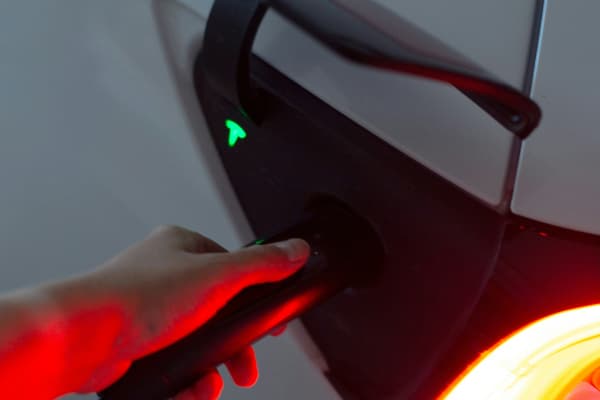Is cheap overnight charging the future for EVs?
Special EV tariffs

How, where and when to charge your electric vehicle has always been a key consideration for drivers.
The simplest method for charging seems to be doing it overnight by plugging your vehicle into your mains power supply and letting it charge while you sleep.
That way it’s ready in the morning for your daily driving.
But could we be about to see a new revolution in how this happens?
Charging your car overnight
Overnight charging is clearly the most convenient way to charge on a regular basis and there are other benefits too.
Instead of paying a potential premium for charging at a public station, your costs are being absorbed into your regular energy bill, though of course you need to make sure to choose a provider that complements your budget.
For example, if you are driving 8000 miles per year in your EV and charging at your home using a charge point, this could work out at 2800 kWh of additional electricity on your annual bill - taking 1 kWh to equal 3.5 miles.
Whether or not this hits you in the pocket depends on your tariff of course.
The good news is that some suppliers are already taking the initiative and promoting special plans for EV drivers.
If you’re charging your car overnight, this is when less energy is generally being used because most of us are asleep and many companies offer lower prices at night as there’s less demand on the electricity grid.

Special EV tariffs
So charging your car for the same amount of time at night could - and should - cost you less than it would during the day time and it can pay to find a plan that offers longer off-peak charging periods. The likes of EDF Energy, British Gas and Scottish Power currently offer special EV tariffs, many with additional benefits like discounts on home charge points.
Of course, as you’d expect from EVs there’s also smart apps involved to help you stay on top of your charging and associated bills.
Bulb has launched their own EV solution, allowing drivers to charge their car at a cheaper rate of 4p/kWh between 2am and 6am, rising to around 20p/kWh outside of these hours. That can add up to a big saving, and it’s all managed through their app.
Scottish Power’s SmartGreen EV tariff works in a similar way, while Shell’s EV tariff also allows for 2,000 miles of free charging time per year.
Don’t forget too that there are various government initiatives in place that can help you get deals like 75% off the cost of installing a home charge point.
It definitely pays to do your research and find the plans that fit your charging needs rather than just getting your chargepoint installed and hoping for the best.
Posted on: 20th April 2021


